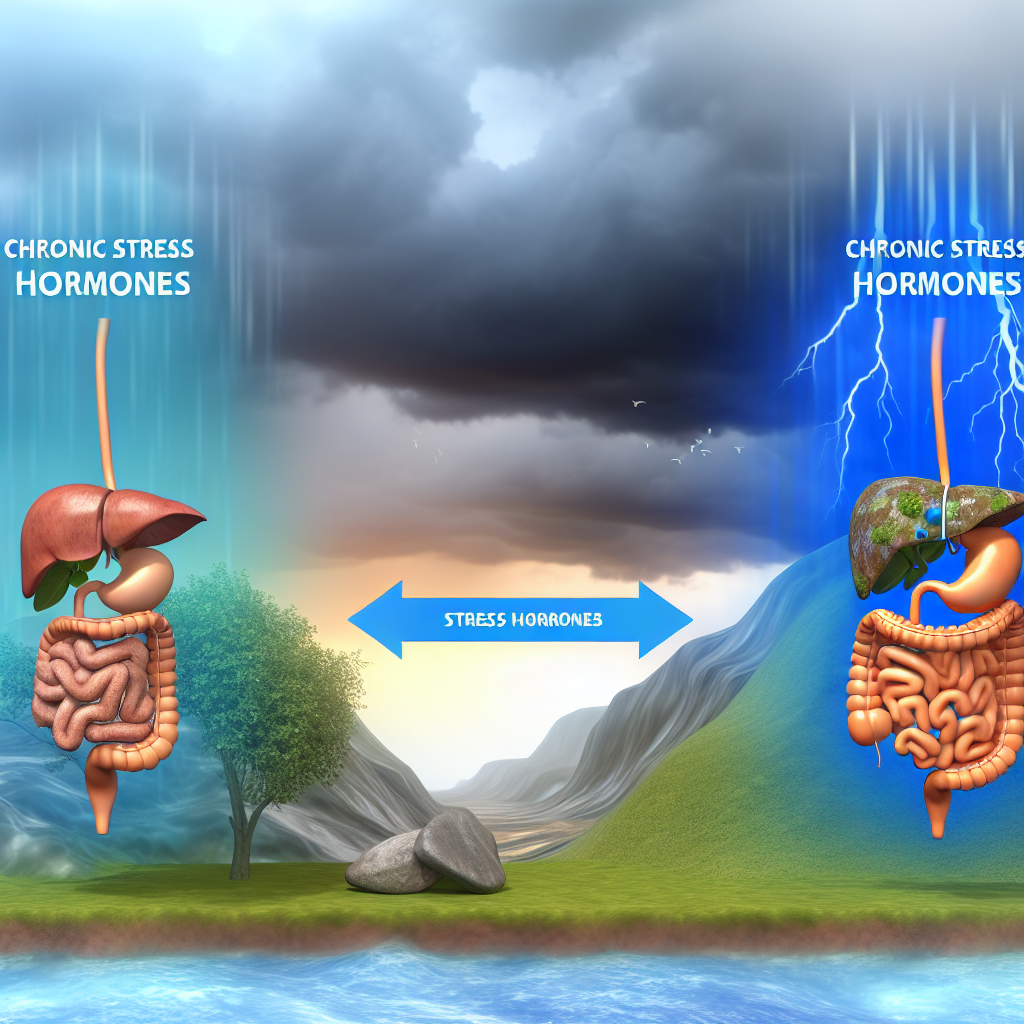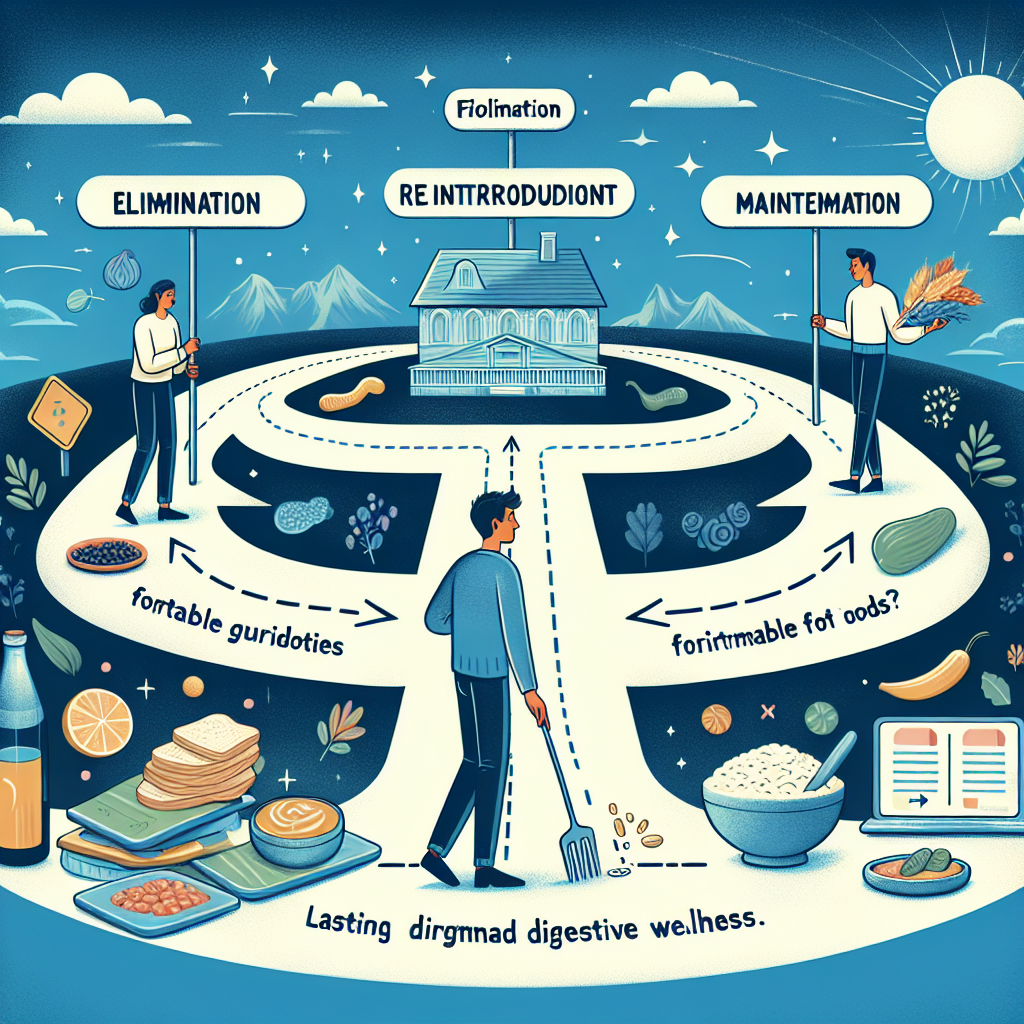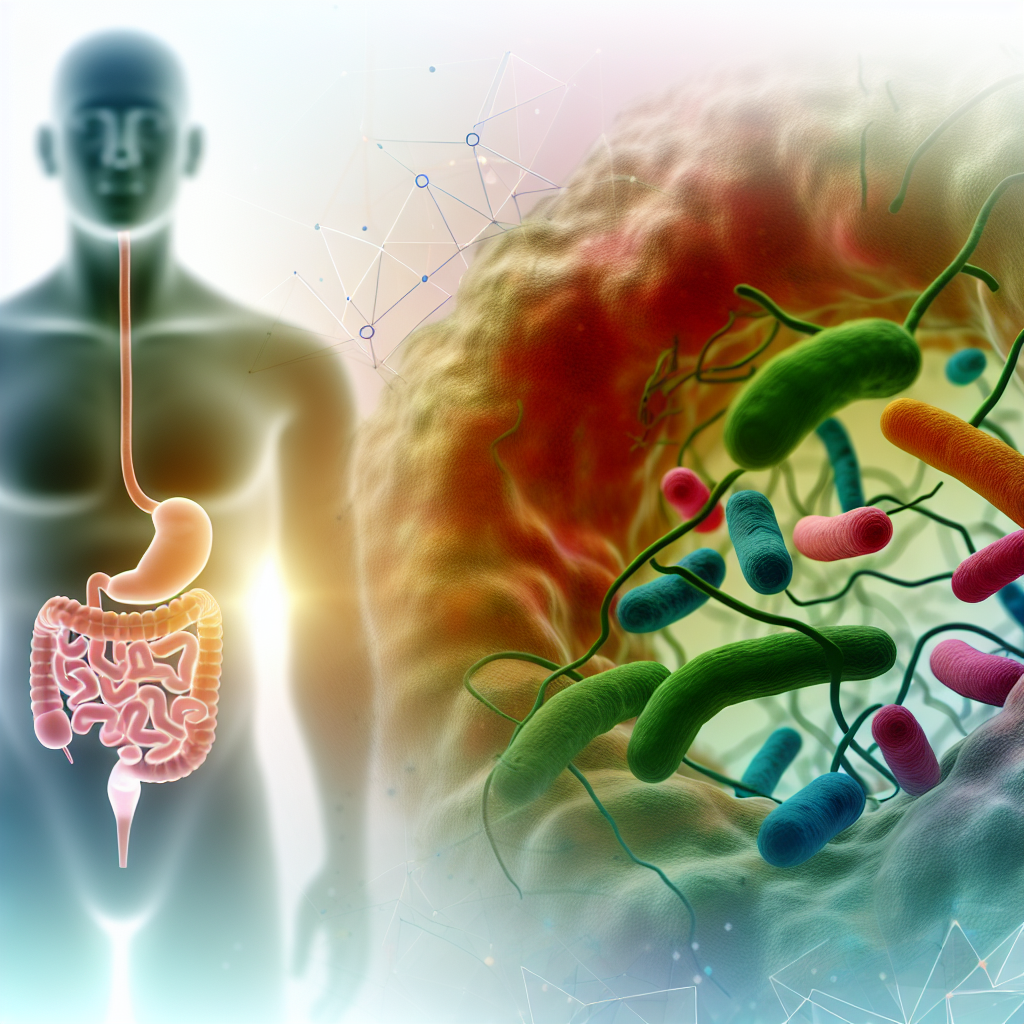Here is the clean, expanded, and formatted WordPress-ready blog article:
The Impact of Chronic Stress Hormones on Digestive Integrity
Introduction: How Chronic Stress Sabotages Your Gut Health
Digestive health plays a central role in overall wellness, influencing nutrient absorption, immune function, and even mental clarity. Yet, one often-overlooked villain undermining our gut’s vitality is chronic stress. Chronic stress doesn’t just leave an emotional mark—it physically alters bodily processes in deep, measurable ways, especially in the gastrointestinal tract.
When the body experiences ongoing stress, it releases hormones like cortisol, adrenaline, and corticotropin-releasing factor (CRF), initiating a cascade of changes that can compromise the delicate microbial ecosystem of the gut and the integrity of the intestinal lining.
The gut and brain are closely linked via the gut-brain axis, a bi-directional communication network involving neural, hormonal, and immune pathways. When stress becomes chronic, these communicators are put into overdrive, often to the detriment of gut function. Elevated cortisol levels have been shown to disrupt the tight junctions between intestinal cells, a condition often referred to as “leaky gut.” This allows unwanted substances such as toxins, microbes, and undigested food particles to pass directly into the bloodstream, triggering systemic inflammation and immune reactions.
Moreover, chronic stress can alter the composition of gut microbiota, diminishing beneficial bacteria and promoting pathogenic organisms. The composition of the gut microbiome is crucial for maintaining a healthy immune response, synthesizing essential nutrients like vitamin K and B vitamins, and supporting the integrity of the gut lining itself. Emerging studies even suggest that imbalances in gut flora due to stress may contribute to irritable bowel syndrome (IBS), inflammatory bowel disease (IBD), and other chronic digestive disorders.
An often-overlooked consequence of elevated stress hormones is the impairment of digestive secretions. Stress can inhibit stomach acid production and reduce bile flow, impeding proper digestion and absorption of nutrients. Without sufficient acid and enzymes, food remains partially digested in the stomach, leading to symptoms such as bloating, gas, and discomfort.
In this article, we’ll explore the cutting-edge research surrounding the relationship between chronic stress hormones and digestive integrity and offer natural, evidence-based strategies to help protect and nurture your gut in the face of life’s inevitable stresses.
Groundbreaking Research: How Chronic Stress Disrupts the Gut from the Inside Out
A growing body of research points directly to the profound impact chronic stress has on gut health. A pivotal study published in the journal *Frontiers in Immunology* highlights how stress-induced alterations in the gut microbiota can provoke low-grade intestinal inflammation, which may eventually progress to more serious gastrointestinal diseases such as Crohn’s disease and ulcerative colitis.
Another influential study from the University of California, Los Angeles (UCLA) demonstrated that women who consumed probiotics via fermented milk products showed altered activity in brain regions that control emotions and sensations, further reinforcing the link between gut health and stress responses.
Research also details the specific hormonal pathways involved. Corticotropin-releasing factor (CRF) has been heavily scrutinized for its role in gut permeability. According to a 2008 study published in *Gut*, CRF can increase intestinal permeability independently of other inflammatory mediators, suggesting that stress alone, without infection or inflammation, can weaken gut barrier function.
Furthermore, animal models provide critical insights. Stress-exposed rodents show visible decreases in beneficial gut bacteria like *Lactobacillus*, coupled with increased intestinal permeability and heightened systemic inflammatory markers. These findings translate significantly into human health, as they highlight the foundational role of stress management in maintaining gut barrier function.
In a clinical context, individuals with chronic stress often present with digestive complaints such as cramping, bloating, diarrhea, constipation, and food sensitivities. A 2019 review in the *World Journal of Gastroenterology* noted that psychological stress is both a cause and a consequence of digestive dysfunction—creating a vicious cycle that further impairs gut health.
Natural Solutions: Herbal Allies and Lifestyle Hacks for Stress-Resilient Digestion
Emerging research also explores herbal adaptogens like Ashwagandha (*Withania somnifera*), Rhodiola rosea, and Holy Basil (*Ocimum sanctum*) for their ability to modulate cortisol levels and support both stress resilience and digestive health. Several clinical trials have demonstrated that these herbs can significantly lower cortisol production while improving gastrointestinal symptoms, opening exciting avenues for natural interventions focused on gut integrity amidst chronic stress.
Lifestyle modifications are equally crucial. Mindfulness meditation, diaphragmatic breathing, regular physical activity, and high-fiber, probiotic-rich diets have all been scientifically validated to support a healthy gut-brain axis. Prioritizing sleep hygiene, limiting processed food consumption, and nurturing emotional well-being through community and friendships also play essential roles.
By integrating these evidence-based strategies, individuals can break the harmful cycle of stress and digestive dysfunction, thereby fostering long-term wellness and vitality.
Conclusion: Heal Your Gut by Mastering Your Stress Response
It is clear that chronic stress hormones have a profound and far-reaching impact on digestive integrity. From increasing gut permeability and altering the microbiome to impeding digestion and inflaming the intestinal landscape, stress cannot be ignored in the pursuit of gut health.
While we cannot always eliminate life’s stressors, we can take actionable steps to support our gut through proven dietary, lifestyle, and herbal interventions. Healing and strengthening the gut barrier is not only possible; it is imperative for achieving vibrant, long-lasting health.
Paying conscious attention to stress management practices such as mindfulness, herbal support, and targeted nutrition offers a powerful strategy to maintain digestive resilience and overall well-being.
Summary:
Chronic stress and its associated hormones, such as cortisol and corticotropin-releasing factor (CRF), can profoundly impact digestive health by disrupting the gut microbiome, increasing intestinal permeability, and impairing digestive secretions. Integrating evidence-based strategies, including herbal adaptogens, mindfulness practices, and a nutrient-dense diet, can help break the cycle of stress-induced gut dysfunction and promote long-term digestive resilience.

Dominic E. is a passionate filmmaker navigating the exciting intersection of art and science. By day, he delves into the complexities of the human body as a full-time medical writer, meticulously translating intricate medical concepts into accessible and engaging narratives. By night, he explores the boundless realm of cinematic storytelling, crafting narratives that evoke emotion and challenge perspectives.
Film Student and Full-time Medical Writer for ContentVendor.com




